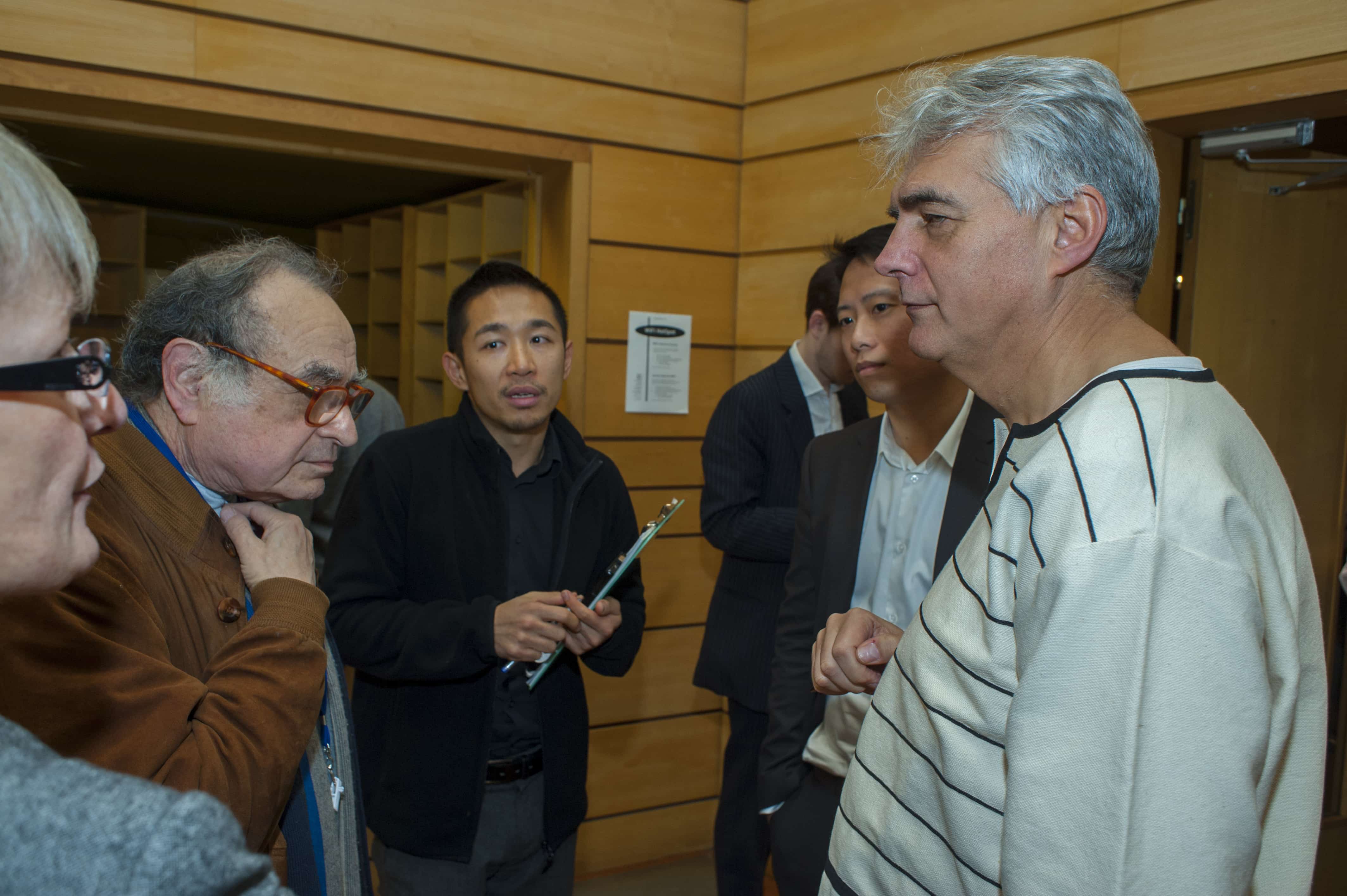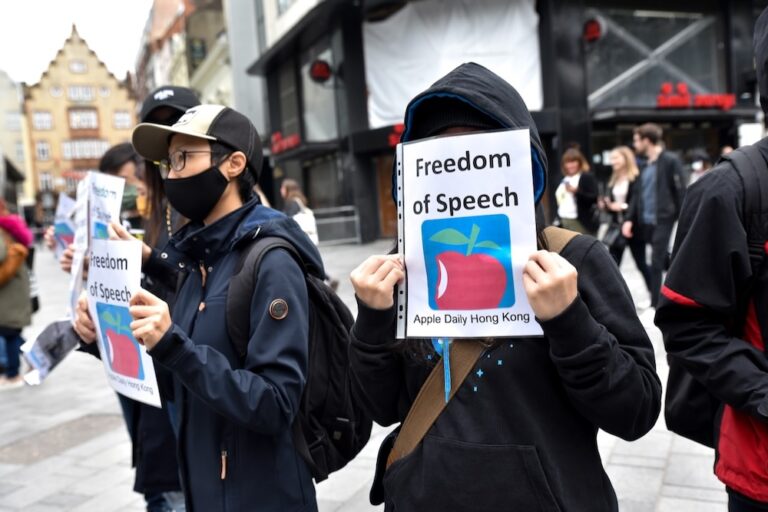Following the deadliest year for journalists in more than a decade, UNESCO’s Guy Berger says World Press Freedom Day’s aim to promote and defend press freedom is more important now than ever.
On 3 May 2013, UNESCO will mark the 20th anniversary of World Press Freedom Day (WPFD) with its annual conference in San Jose, Costa Rica. Guy Berger, Director for Freedom of Expression and Media Development at UNESCO, spoke to IFEX about the origins of WPFD, and how press freedom is being advanced internationally, particularly in the digital realm.
Audio Transcript
Could you give me a sense of WPFD’s history?
It came from a meeting of African journalists in 1991 who came up with the Windhoek Declaration, which spelled out what is meant by press freedom, and also urged for an international day to celebrate [it]. UNESCO, which had convened that seminar, got quite inspired at the time and then took this proposal through the UNESCO member states, and it was promoted in conjunction with various governments to get it through the General Assembly. Since then, it’s just kept growing.
How responsive have governments been in observing World Press Freedom Day or to calls for greater press freedom over this 20-year period?
With WPFD, what happens is that UNESCO also gives out the UNESCO/Guillermo Cano World Press Freedom Prize and the governments whose citizens receive this prize sometimes celebrate it. Others are not happy because the journalist concerned is imprisoned and they would prefer not to have that attention. At the international level, they are very sensitive to it. Then, at the national level, I’d say that this particular day is really an opportunity for stakeholders to have meetings, publish articles, have press sessions, demonstrations, art exhibitions, name a street, unveil a statue – all kinds of things.
What have been the key developments and setbacks since last year’s conference?
Unfortunately, last year was a year when the killings of journalists reached higher levels than they have been in many years. This is the tip of the iceberg because for every killing, there are far more threats. Last year has also not been a good year in terms of online freedom of expression because more and more governments are introducing laws that are not thought through in as much detail as one would hope. All laws about freedom of expression, whether they pertain to the internet or anything else, should meet international standards.
What are the conference participants focusing on within this year’s themes (ensuring safety of journalists and media workers, and combating impunity)?
In particular, over the past year the one highlight has been that there has been the development of what is called the United Nations Plan of Action on the Safety of Journalists and the Issue of Impunity. It’s about pulling together all of the agencies who have a very strong interest in human rights or countering corruption, drugs and crime, or even the UN Environment Programme. That’s one side of the UN plan. The other side is really trying to mobilise other groups outside of the UN –governments, civil society groups, the media itself, regional organisations. We’ll be looking at a lot of these issues in Latin America. Everybody knows countries like Mexico and Honduras are very dangerous for journalists. At the same time, Columbia used to be really dangerous, and still is, but the Columbian government working with the media has put together quite an effective protection mechanism. If a journalist receives a threat, they can ask for and will receive protection. That has really cut the number of killings in Latin America. So the whole idea is to bring this UN Plan of Action to bear in the Latin American context.
Are you optimistic that a greater degree of global press freedom is being achieved in the near future?
I think the mere fact that there are more platforms for people to practice press freedom is obviously a welcome thing, and it’s important that the digital divide is closed further and even more people have access to these kinds of cheap platforms for publishing. I do think that we are at a bit of a cusp in terms of the safety of journalists and this UN Plan of Action will have to prove itself in the coming year. Regarding internet freedom, we are also approaching a bit of a watershed period because there’s a build-up to a big debate at the UN in 2015, and I think the kind of work that is done now will affect what the UN position is on freedom of expression on the internet in the years going forward. [UNESCO] has just published a book called Pressing for Freedom: 20 Years of World Press Freedom Day. The conference in Costa Rica will also be streamed live, and we’ll do a report after that, so you can see what’s happening at the global level. But, at the same time, please don’t neglect your local level possibilities because if one doesn’t cherish this freedom it won’t be there forever.
Guy Berger, Director for Freedom of Expression and Media Development at UNESCO, spoke to Alex Derry, Online Editor at IFEX. This transcript has been edited and condensed.



